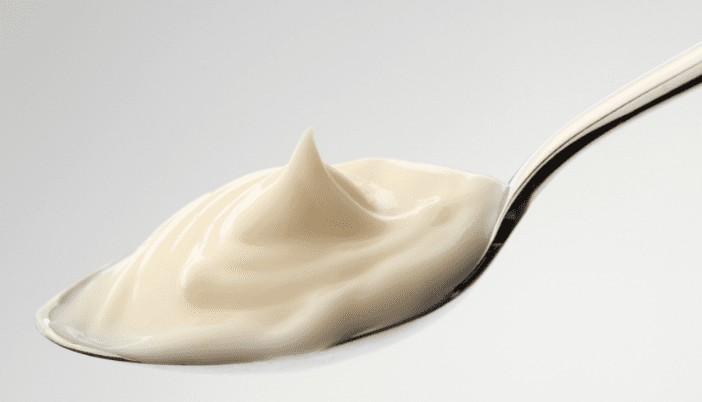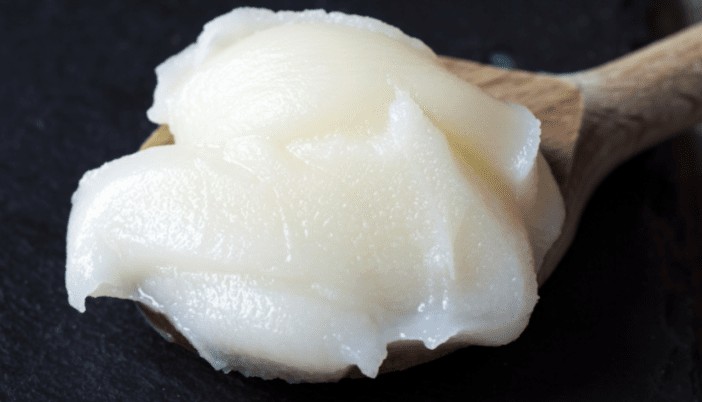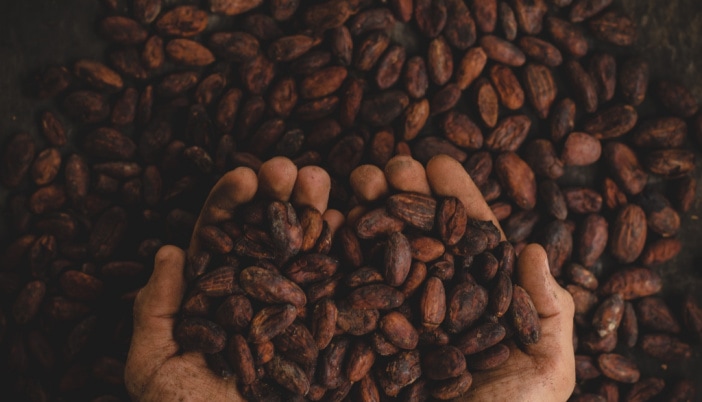Four Reasons Why Vegans May Want To Avoid Fig Newtons
Did someone say healthy cookies?
Fig Newtons are the fruity cookie replicas that our moms wouldn’t be too mad if we ate before our supper, right? But are they suitable for vegans?
Generally speaking, yes, Fig Newtons are suitable for vegans. Is there a grey area? Of course…
So, let’s investigate.
As an Amazon Associate, I earn from qualifying purchases. The links below may be affiliate links. Please read my disclosure policy for more information.
What are Fig Newtons?
Fig (or Fruit) Newtons are a Nabisco-trademarked version of a pastry-filled cookie that has a sweet fruity paste center. They were initially invented by Charles Roser and baked at the F. A. Kennedy Steam Bakery in Massachusetts for the first time in 1891.
But Are Fig Newtons Vegan?
Fig Newtons are one of the confectionaries that can divide the vegan community. The reason for this is because the ingredients have changed over the years.
At present, the ingredients of contemporary Fig Newtons are as follows:
- Whole Grain Wheat Flour
- Figs
- Sugar
- Corn Syrup
- Invert Sugar
- Vegetable Oil (Soybean and/or Canola and/or Palm and/or Partially Hydrogenated Cottonseed Oil)
- Soluble Corn Fiber
- Oat Fiber
- Salt
- Resistant Corn Maltodextrin
- Baking Soda
- Calcium Lactate
- Malic Acid
- Soy Lecithin
- Sodium Benzoate and Sulfur Dioxide (Sulphites) added to Preserve Freshness
- Natural Flavor
- Artificial Flavor
So, at present none of these ingredients are directly sourced from animals or animal components, therefore yes, Fig Newtons are suitable for vegans.
No products found.
Please note, as discussed in our ‘Is Sugar Vegan?’ article, not all types of sugar can be considered vegan. It is therefore the responsibility of the reader to make their own inquiries with the manufacturers of these suggested vegan friendly alternatives to determine whether the sugar used in these products are suitable for vegan consumption.
Why Some Vegans Take Issue with Fig Newtons
Figs
Despite being a fruit, figs have been a long-standing subject of controversy within the vegan community. The reason for this is because figs are usually pollinated by a species of wasps that stay trapped within the fruit after pollination.
The protein within the fig contains dissolving enzymes that break down the insects, meaning their remains stay within the fruit. All figs, therefore, contain dead wasps to some extent.
Naturally some vegans take issue with this because it technically contains trace remnants of animals, however, others aren’t bothered because pollination is a natural process and not a cruelty-based or non-ethical human initiative.
So despite being a natural product, the vegan-friendliness of the fig is down to each vegan’s discretion.
Processed Cane Sugar
Again, sugar is a plant, so it should be vegan, right? Well… yes, you’re right, it should.
However, many sugar mills use a type of funnel that filters cane sugar (and gives it its white color), and a component used for this funnel is cleaned with a product that has bone char in it (bone char is animal bones boiled at a high temperature and then ground down into a ‘char’-like substance). While there isn’t any trace of this substance in the final product of sugar, many vegans take issue with the use of bone char, and therefore avoid refined sugar.
Palm Oil
While palm oil is a vegetable oil and therefore contains no animal compounds, most of us are becoming aware of how unethical and unsustainable the palm oil industry is. The production of palm oil is responsible for 2.3% of global deforestation.
The process of clearing the forests for the production of palm oil destroys the habitats of many, many forest and jungle creatures. Palm oil appears in many food and household products because it acts predominantly as a cheap preservative.
Artificial Flavors & Food Dyes
You may have noticed on the ingredient list above that Fig Newtons contain additional artificial flavors – and that for some reason the company hasn’t revealed what exactly goes into those artificial flavors, therefore, there is no way to know whether these flavors are plant or animal-based, or if they are environmentally sound.
As a result, many vegans avoid any product with unknown artificial flavors to be on the safe side.
Like most sweet treats, Fig Newtons also contain food dyes or colorings. The unfortunate reality is that many food dyes are tested on laboratory animals. Therefore even “vegan” food dyes cannot be fully considered “cruelty-free.”
No products found.
Fig Newton Substitutes

A great way to ensure your Fig Newtons are 100% ethical and cruelty-free is to make your own. Here’s what you’ll need:
- Dried mission figs (or fruit of choice)
- Oat flour (or flour of choice)
- Coconut sugar (or sweetener of choice)
- Almond butter
- Plant milk of choice
- Cinnamon
- Lemon juice
Lay out two pieces of parchment paper/two non-stick baking sheets, and place dough in between. Use a rolling pin to roll out into a thin, long rectangle shape.
Spread your paste into a log shape in the center of the dough, and lift edges of the parchment paper to layer either side over the center fig paste. Flip so the seam side is down.
Slice to size of choice and bake at 350F for 12-15 minutes, or until golden-brown. Enjoy!





